
Ukraine can still recover with bolder Western support – but right now it’s on the ropes
The Ukrainian world heavyweight boxing champion beat back a giant opponent, but his country can’t defeat Russia on its own

The Ukrainian world heavyweight boxing champion beat back a giant opponent, but his country can’t defeat Russia on its own

In history, as in romance, beginnings matter – so what we do now will be crucial in shaping the future
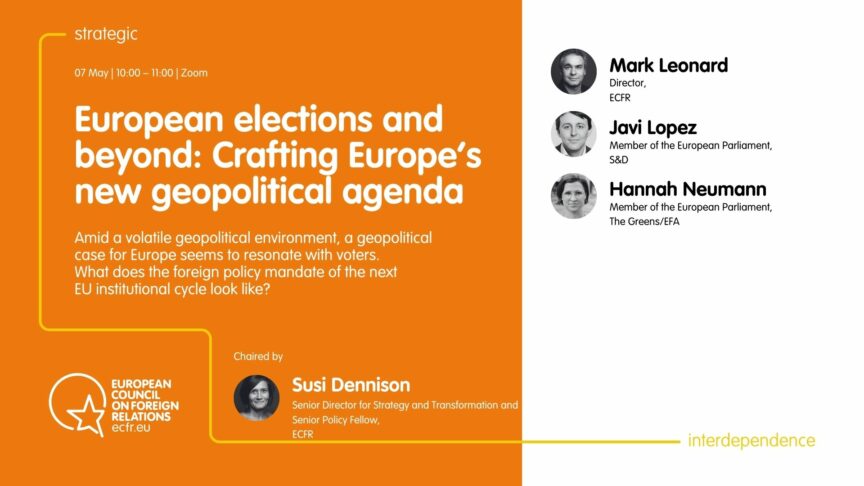
Amid a volatile geopolitical environment, ECFR’s recent public opinion poll ahead of the European elections shows that a geopolitical case for Europe resonates with voters,…

Alexei Navalny’s funeral and this weekend’s so-called election show us two Russias. Support the better one

The first two months of 2024 have seen the EU and member states redirect billions of euros of development funding away from Africa – but this could come at great cost to their long-term interests on the continent
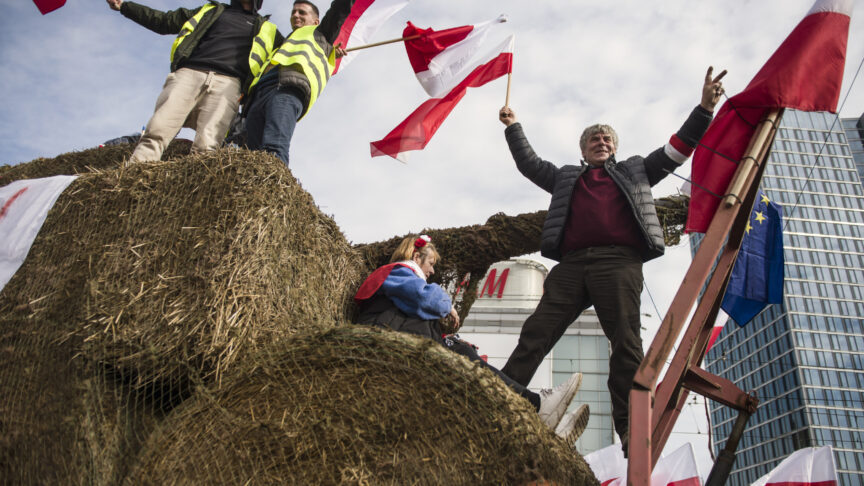
Mass farmers’ protests against Ukrainian agricultural imports have raised fears that the country’s strong support for Kyiv is faltering. But the protests are only one part of a much more complicated – and hopeful – picture
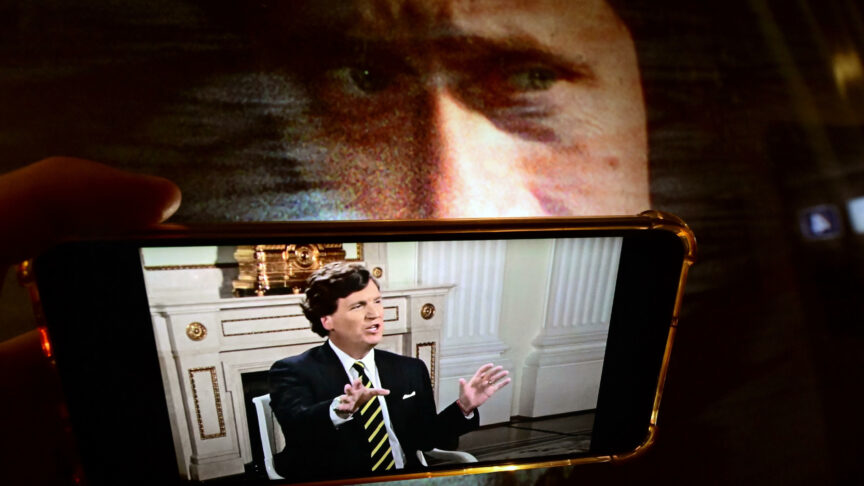
Vladimir Putin’s ramblings to a compliant Tucker Carlson exposed the true motivations for Russia’s war against Ukraine
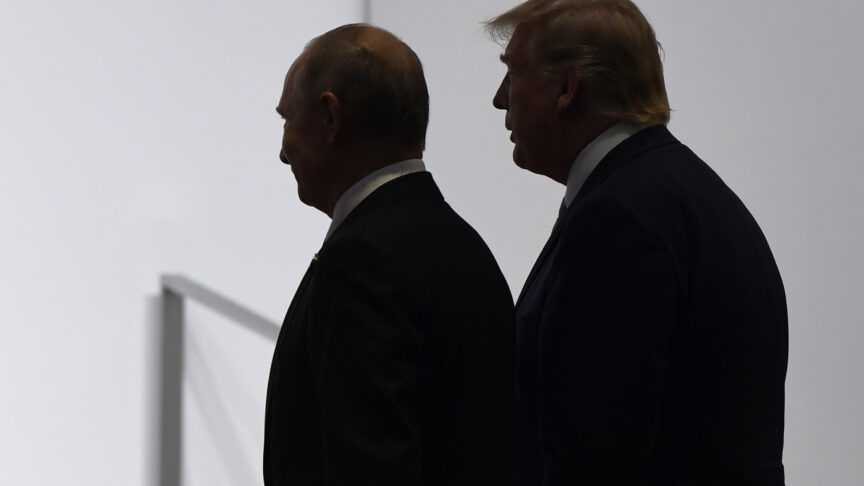
In the 1950s, European nations tried and failed to build a defence community. They should try again
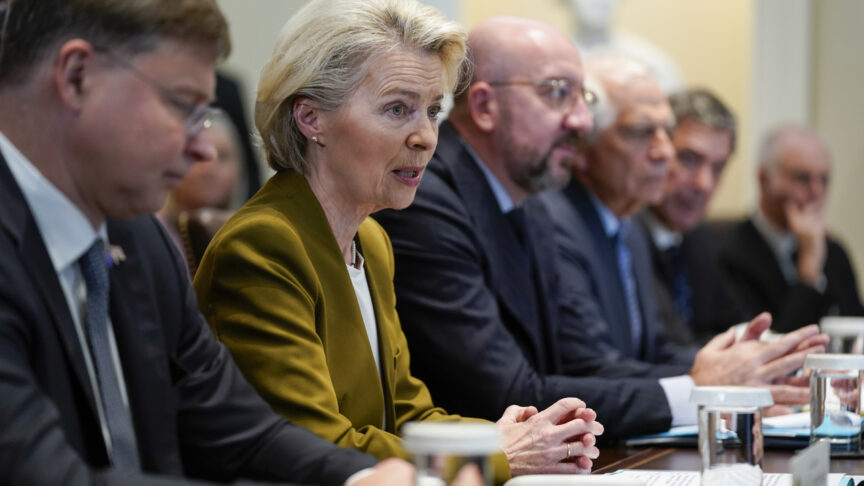
Europeans should take seriously the thinking of figures such as John Mearsheimer. If they are unable to answer his critiques, they might thereby prove his point
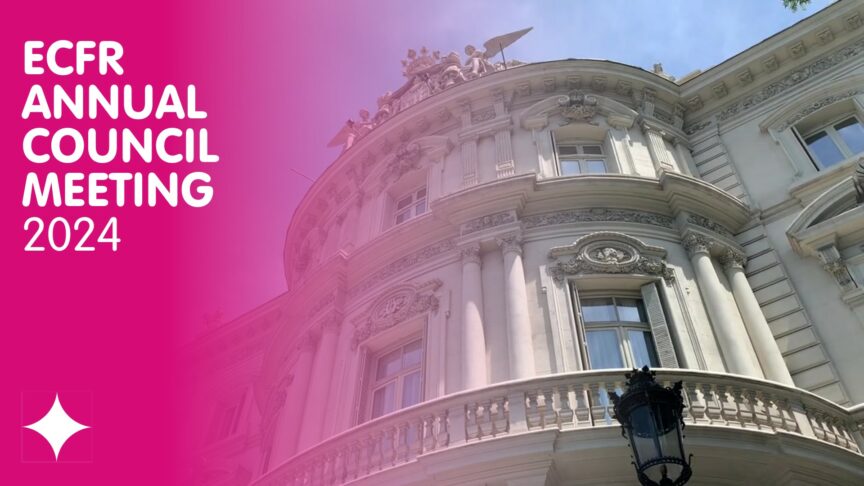
The Annual Council Meeting 2024 will take place on 4-5 July 2024 in Madrid

The Ukrainian world heavyweight boxing champion beat back a giant opponent, but his country can’t defeat Russia on its own

In history, as in romance, beginnings matter – so what we do now will be crucial in shaping the future

Alexei Navalny’s funeral and this weekend’s so-called election show us two Russias. Support the better one

The first two months of 2024 have seen the EU and member states redirect billions of euros of development funding away from Africa – but this could come at great cost to their long-term interests on the continent

Mass farmers’ protests against Ukrainian agricultural imports have raised fears that the country’s strong support for Kyiv is faltering. But the protests are only one part of a much more complicated – and hopeful – picture

Vladimir Putin’s ramblings to a compliant Tucker Carlson exposed the true motivations for Russia’s war against Ukraine

In the 1950s, European nations tried and failed to build a defence community. They should try again

Europeans should take seriously the thinking of figures such as John Mearsheimer. If they are unable to answer his critiques, they might thereby prove his point
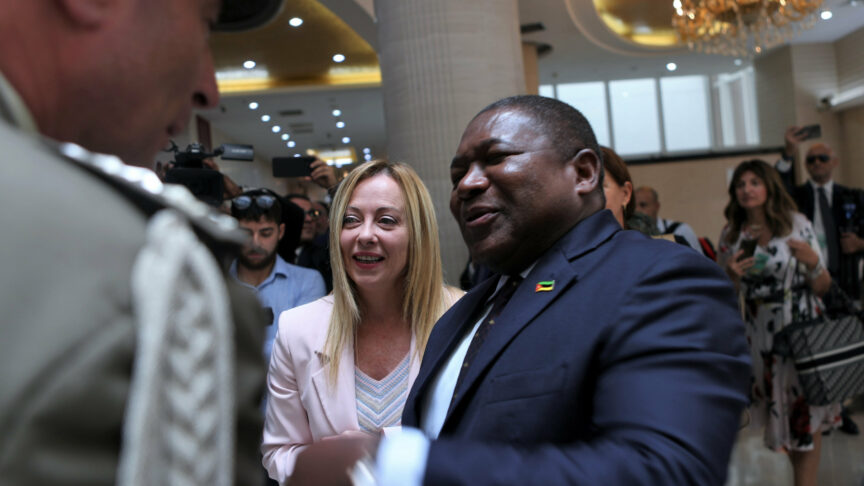
This week, Italian prime minister Giorgia Meloni will present an urgently needed strategic plan for Africa. But as things stand, it is missing a clear strategy and the necessary planning
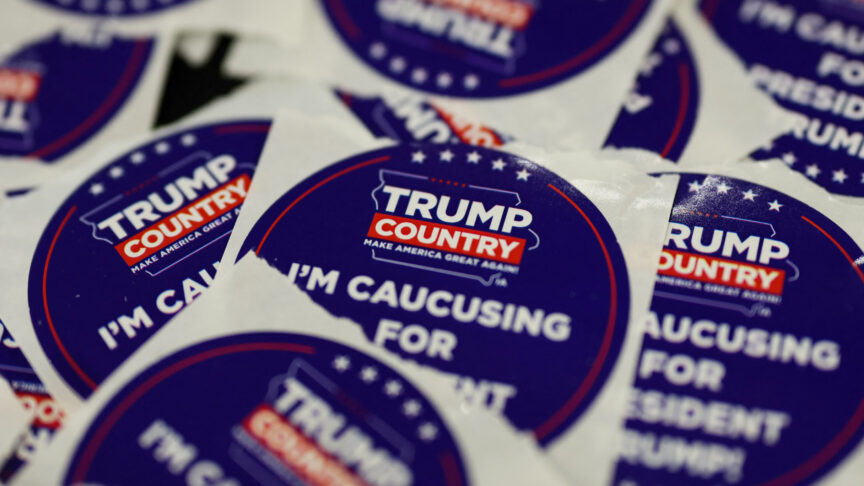
Amid the ongoing political turmoil and with half of the world’s population going to the polls, the EU needs to prepare for another stormy year
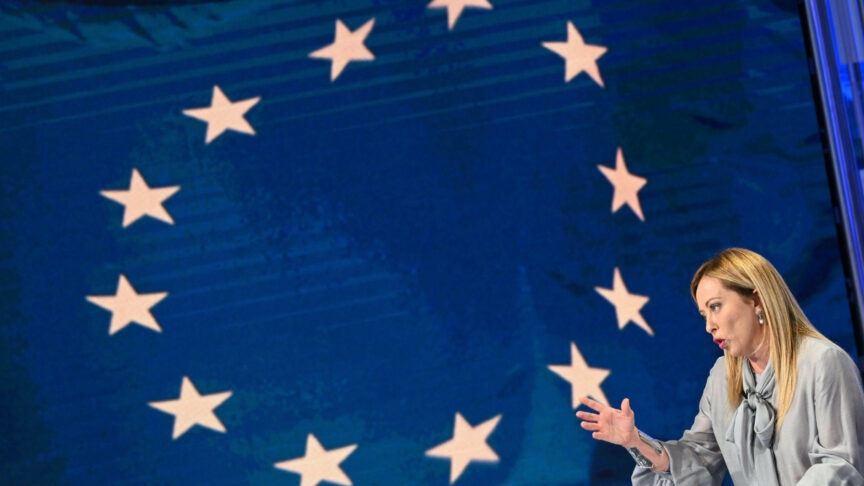
Mark Leonard and his guests discuss the implications of the new government in Rome and its foreign policy agenda, including Russia and China
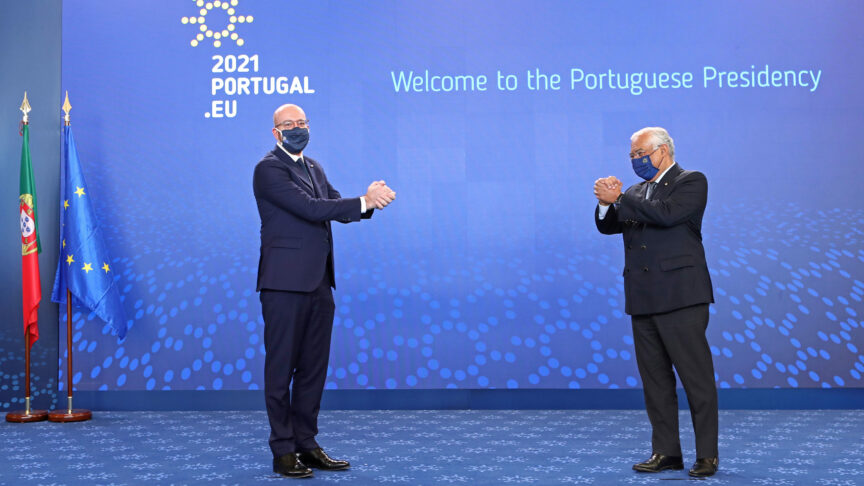
How can the Portuguese presidency strengthen European strategic autonomy?
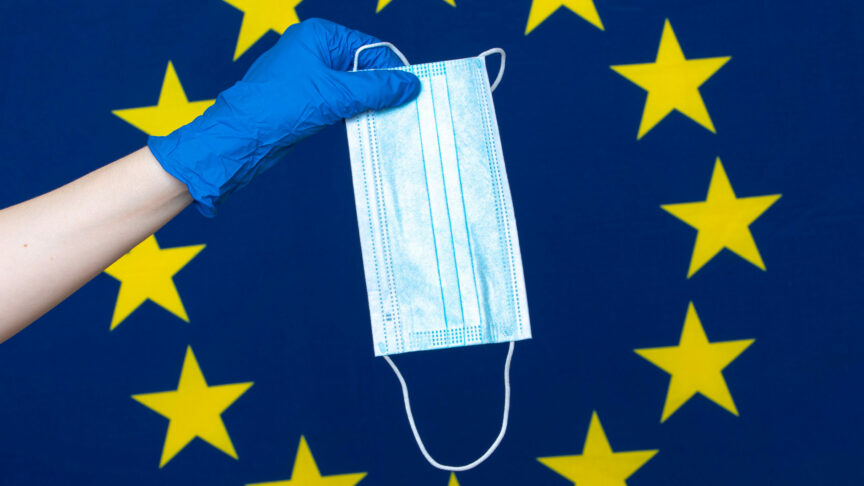
How can Europe win the global battle of narratives during the covid-19 pandemic and a struggle for geopolitical influence?
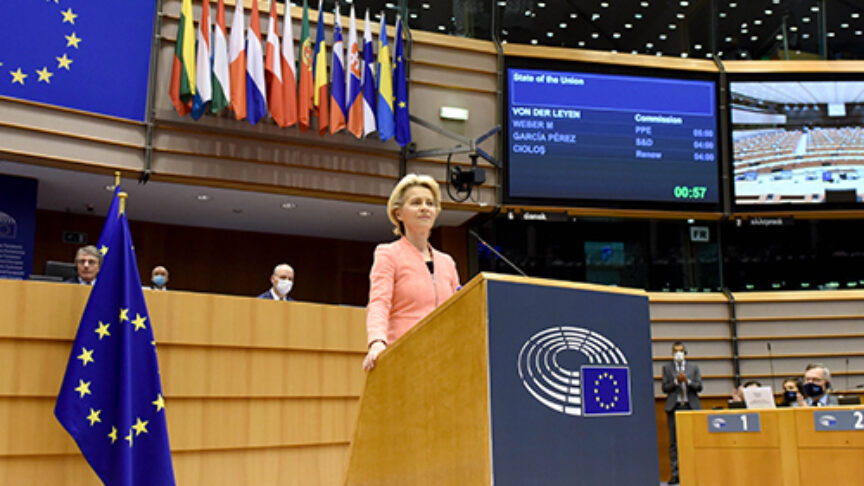
Ursula von der Leyen’s first State of the European Union speech was as long as it was broad in topics and calls for action. Host…
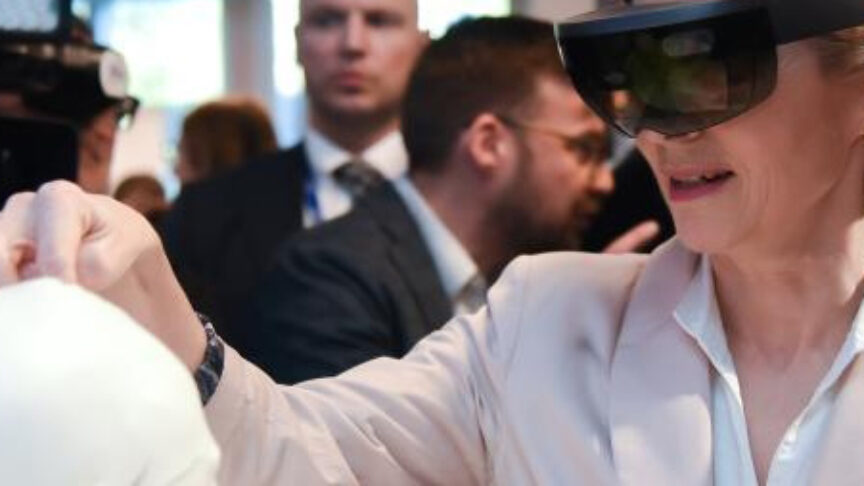
In this week’s episode, we feature one of the focus sessions from our Annual Council Meeting this June. Policy Fellow Ulrike Franke moderated this online…
ECFR council member Loukas Tsoukalis, Professor at the University of Athens, puts the blame for the rise of euroscepticism on the eurozone crisis and a…
ECFR’s director Mark Leonard speaks with Ivan Krastev, Chairman of the Center for Liberal Strategies in Sofia and ECFR board member, Sir Robert Cooper, former…

The Annual Council Meeting 2024 will take place on 4-5 July 2024 in Madrid

Amid a volatile geopolitical environment, ECFR’s recent public opinion poll ahead of the European elections shows that a geopolitical case for Europe resonates with voters,…
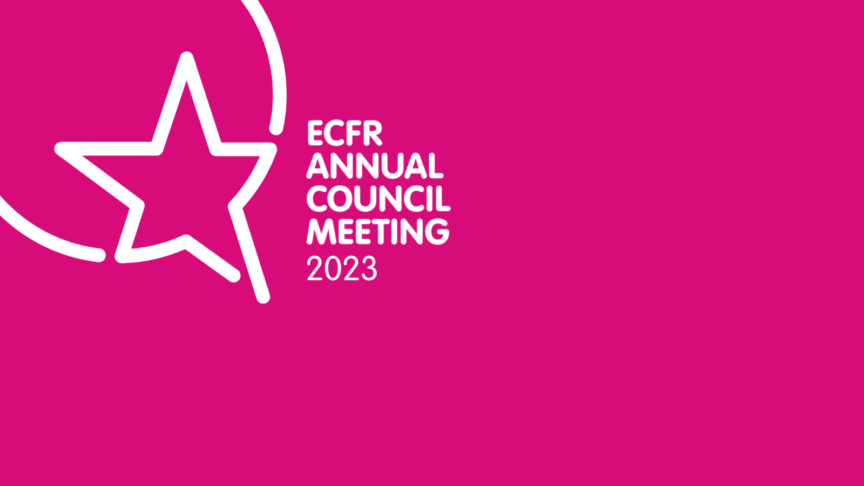
The Annual Council Meeting 2023 took place on 7-8 June in Stockholm

Just days ahead of the G7, EU and NATO summits, ECFR’s Council Members – Europe’s leading decision-makers, opinion-shapers, and public intellectuals – gathered on 19-20 June in Berlin for the ECFR Annual Council Meeting
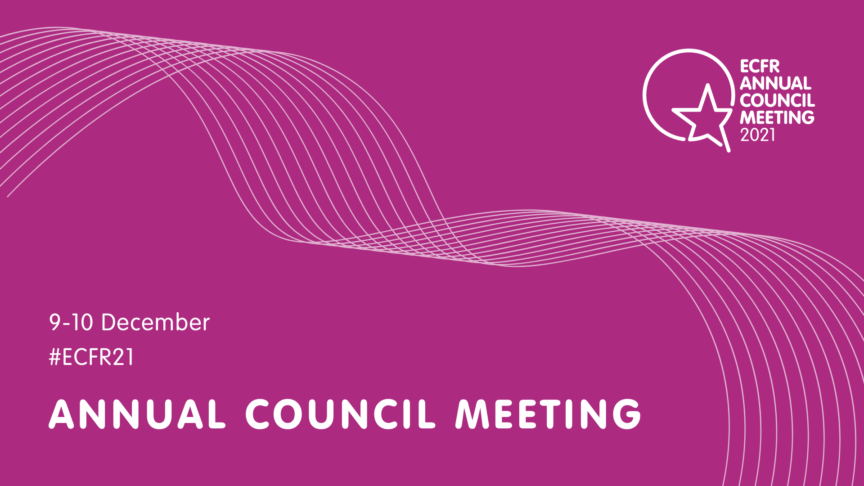
ECFR’s Council Members – Europe’s leading decision-makers, opinion-shapers, and public intellectuals – gathered together on 9-10 December in Berlin for ECFR’s Annual Council Meeting to connect and discuss the myriad issues facing Europe and the European Union today
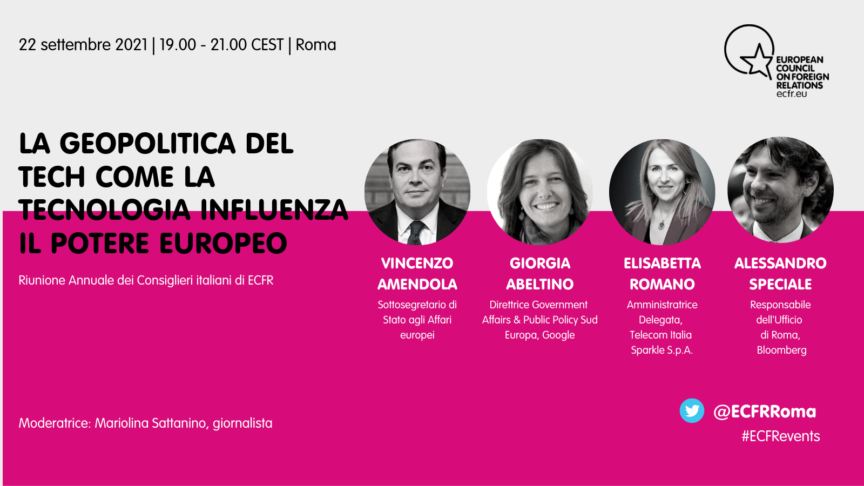
Riunione Annuale dei Consiglieri italiani di ECFR
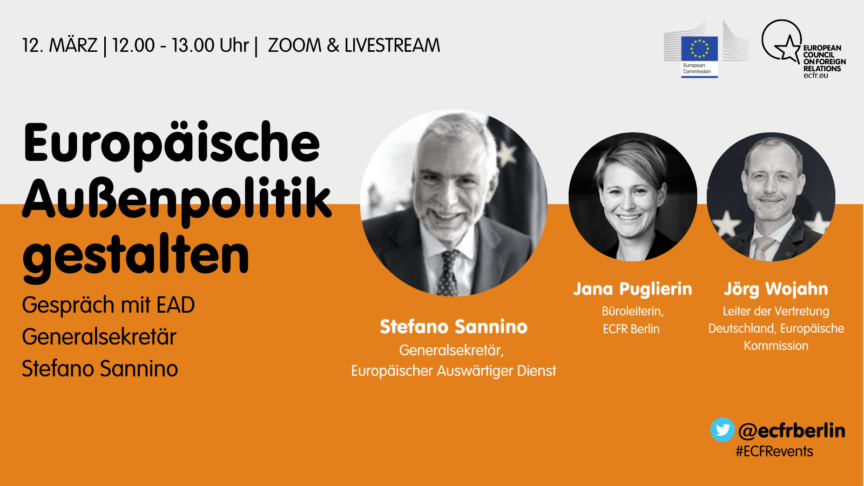
Prioritäten & Herausforderungen Europäischer Außenpolitik, sowie Deutschlands Rolle in diesem Kontext
Virtual debate ahead of the special European Council on Europe’s mediatory power in the Eastern Mediterranean
Roundtable discussion with our partners from the Estonian Foreign Policy Centre, the International Centre for Defence and Security and the Estonian Embassy in Berlin
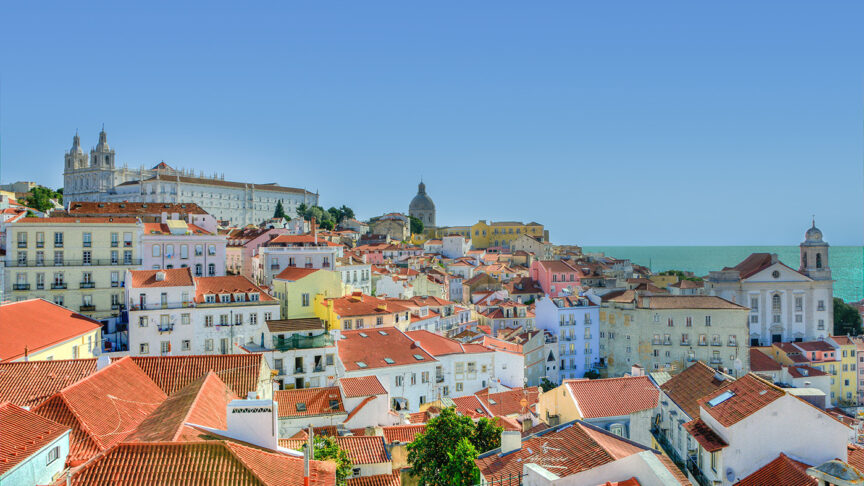
The ECFR Annual Council Meeting is one of the leading conferences on Europe’s foreign policy. This year, the meeting took place at the Calouste Gulbenkian…